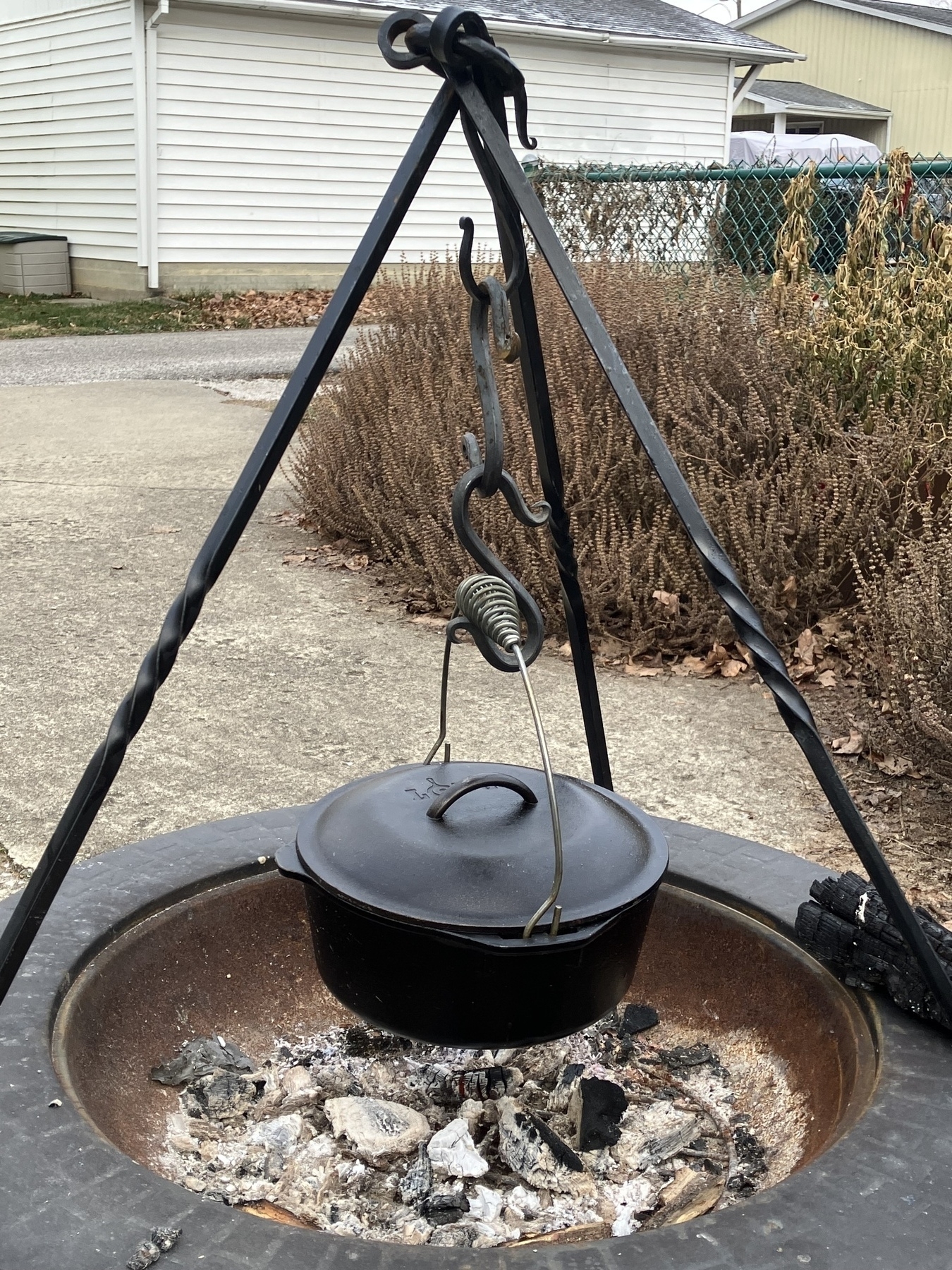The Given Life, part four
Just beneath my skin is a religious zealot, full of fierce denunciation, austerity and ecstasy. Twenty years ago, I tried to kill him with intellectual ambition and respectable religion–and then finally with atheism. The attempt failed and, over the past few years, he and I have begun talking again. But that’s a story for another time. Today’s story is about the birth and early years of my inner zealot. As I said in my last post, my teen years at Hilltop were busy.
Beans are cooking!

I do wonder (especially after reading Dopamine Nation) if we are living in an age of widespread, low-key addiction. Do I think this because everyone tends to think their time is unique in some way—or are we really in the middle of a genuine crisis?
Once upon a time, Joshua Klein asked “should it be easy?” and that question has lingered with me. He was asking in the context of woodworking, but it is a question worth asking of our high tech era.
It does seem that we are hellbent on landing ourselves on a couch, our sense organs attached to some augmented or virtual reality device, being served by a machine. The goal of some powerful and wealthy folks, it would seem, is the elimination of all human activity apart from bare willing. Technological manifestation of your desire. To be God, in fact, creating ex nihilo.
I am not suggesting that everything should be hard. I don’t have any final answer but I do suggest that we–in company with people like Ivan Illich and Wendell Berry–might gain some clarity by thinking with the question, “should it be easy?”
I’ve been learning how to cook with and maintain cast iron lately. The learning has been mostly from the goofy and charming Cowboy Kent Rollins. The goal is to do some outdoor cooking, especially for our upcoming Yule meal. We’ll see how it goes!
Finished reading Dopamine Nation by Anna Lembke. Thanks to @toddgrotenhuis for mentioning it. The lesson that will stay with me is that a relentless pursuit of pleasure leads to pain–and not only metaphorically. In fact, we may have to sometimes embrace pain as a way to reset a healthy balance.
My only advice is never to give advice.
Looks like I’ve been on micro.blog three years today. I was briefly on the service once or twice before that but I didn’t use the community aspect so it didn’t last. I’m glad I tried again because I’ve found some great friends and acquaintances here!